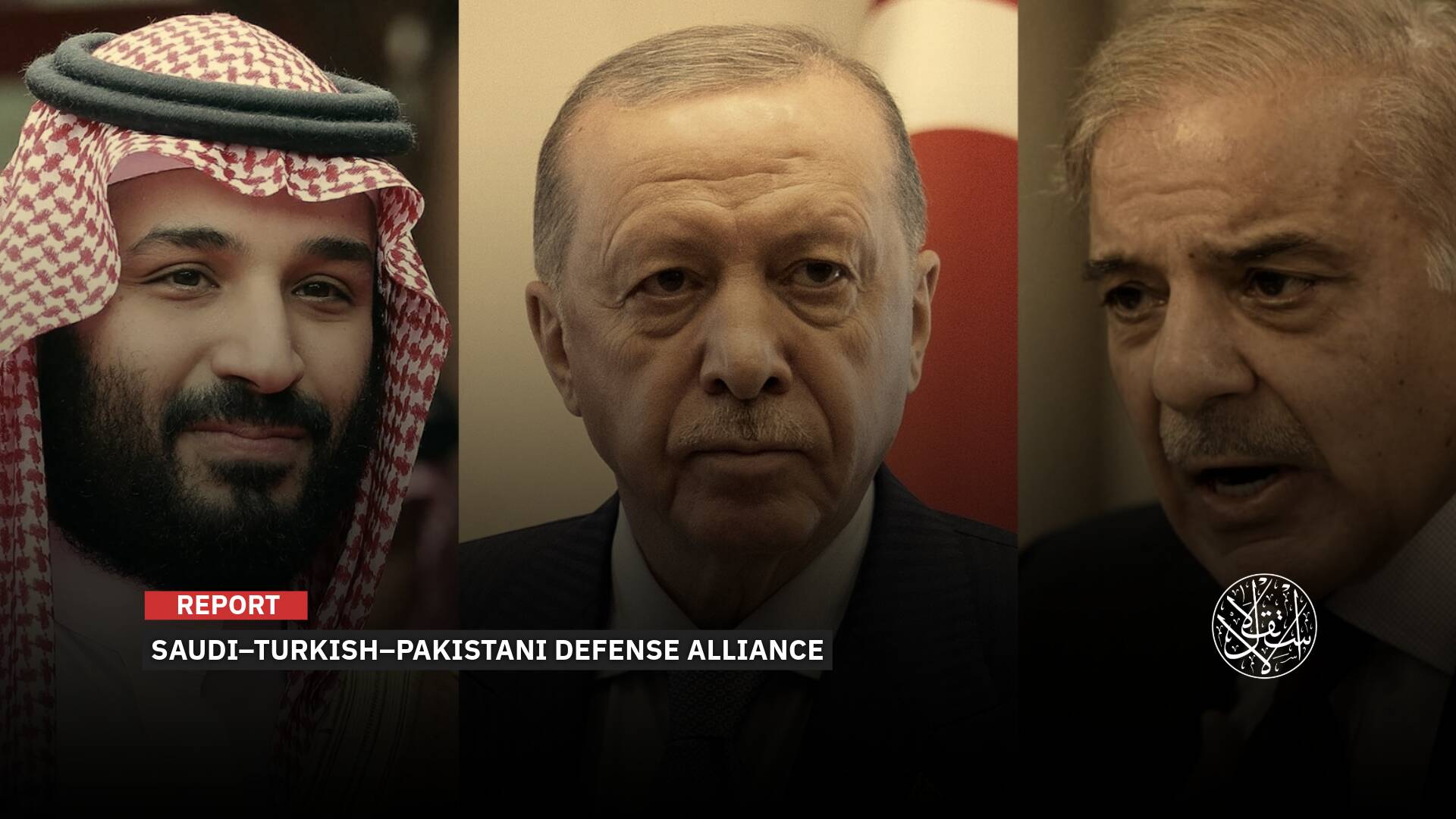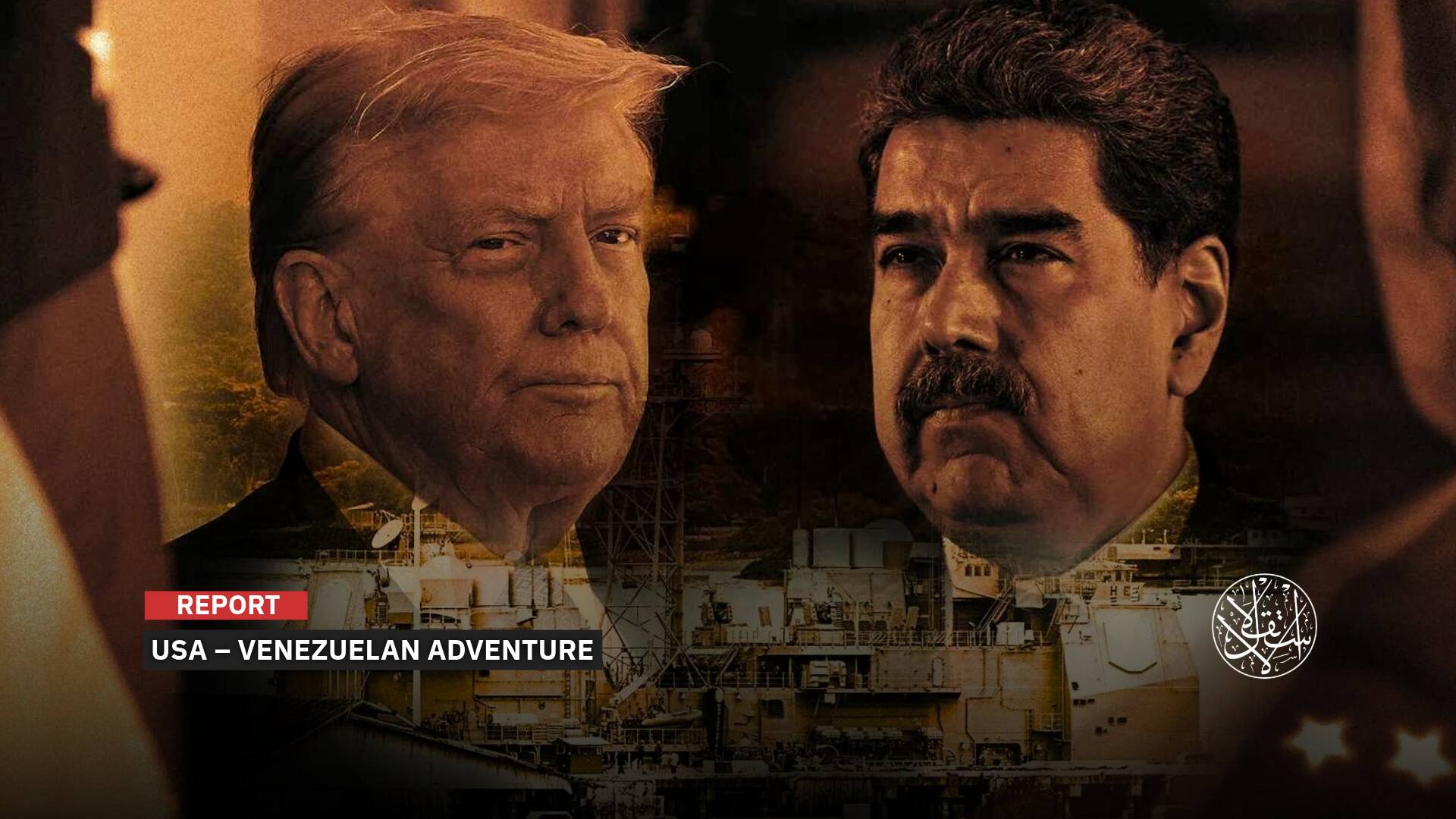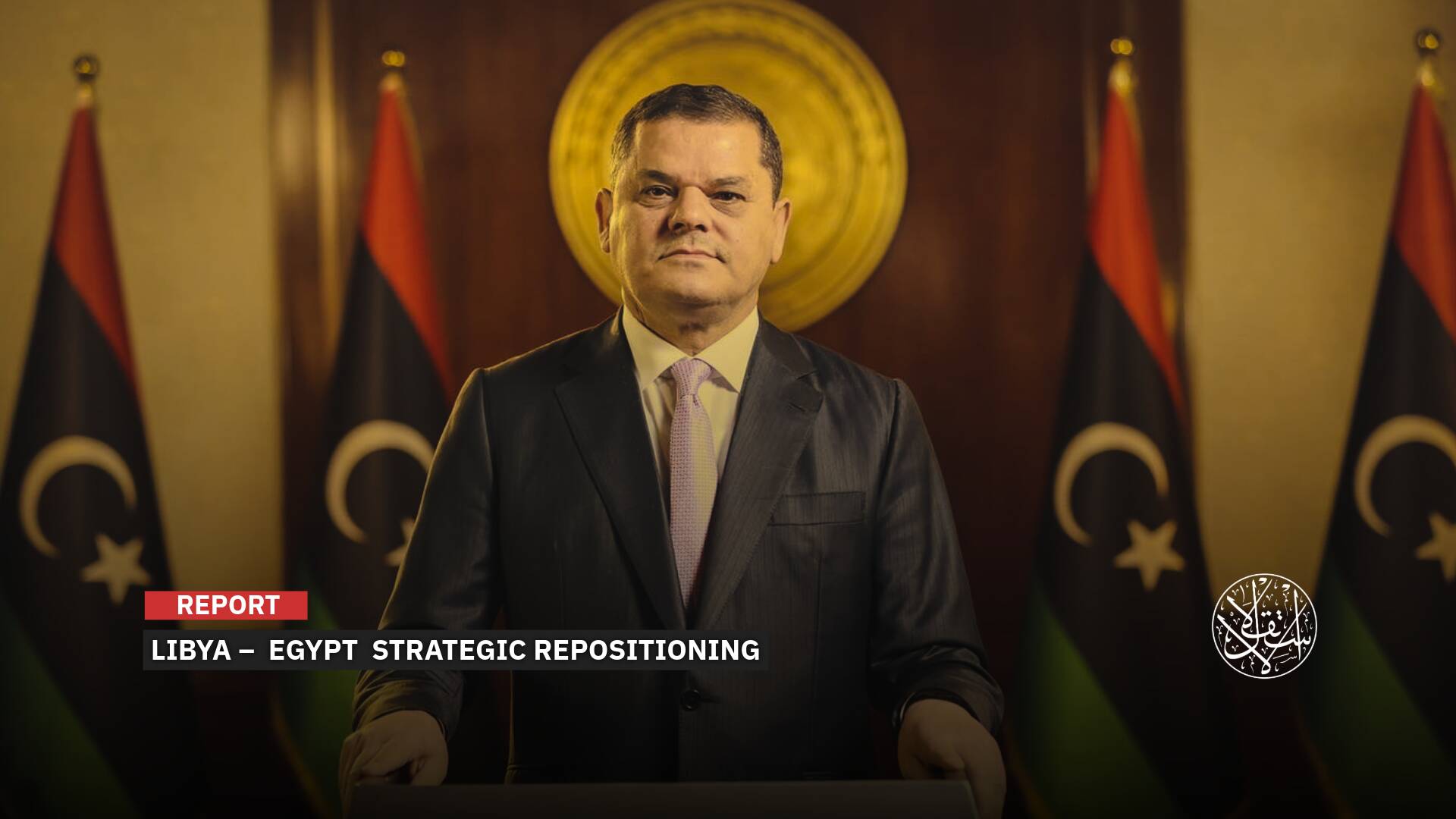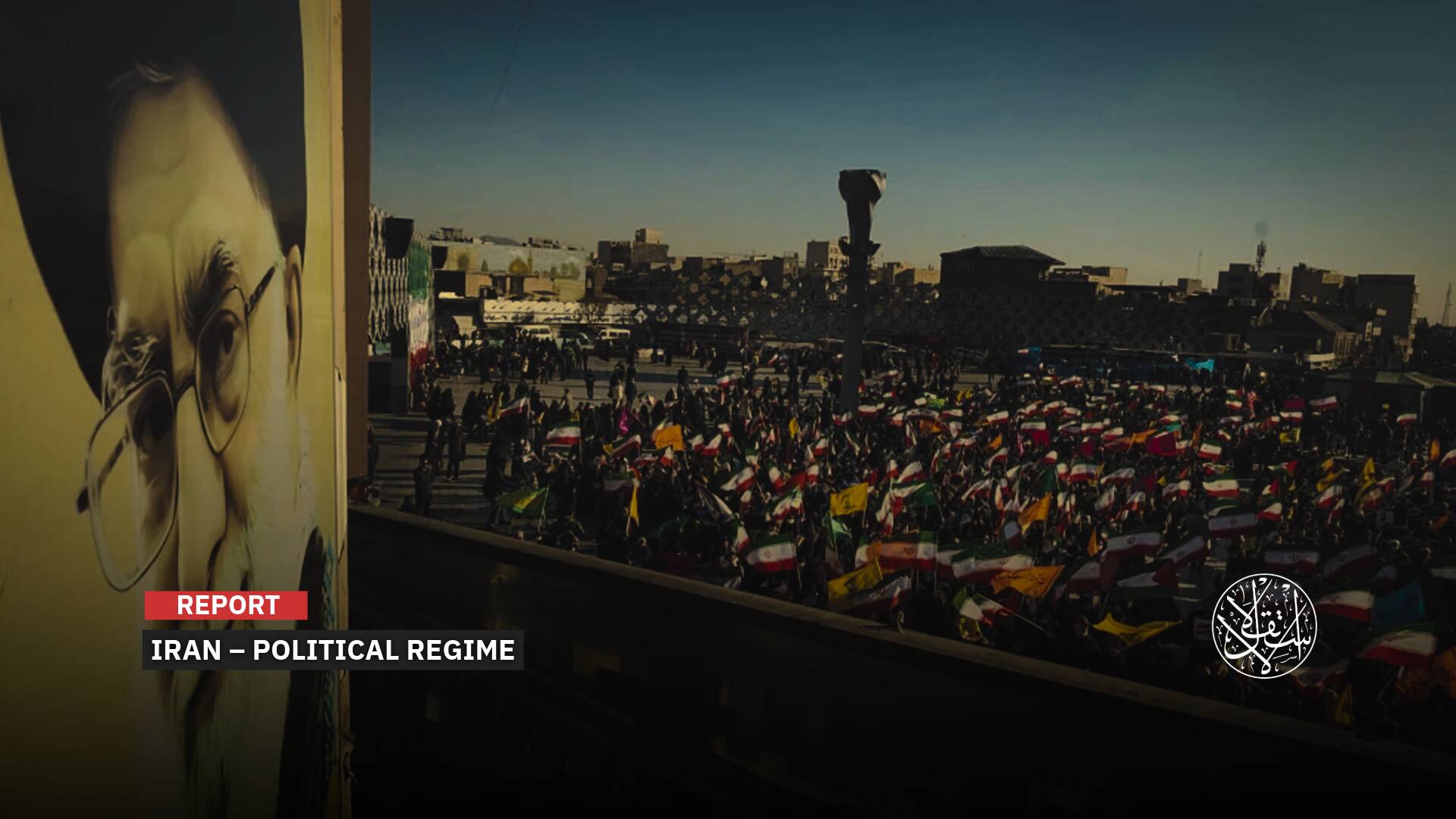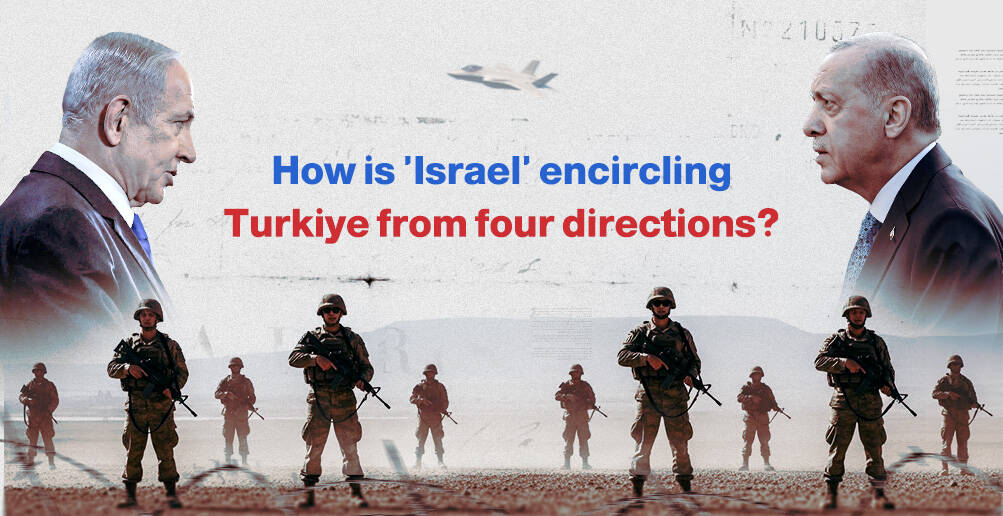Unprecedented Warnings: Is Netanyahu Pushing Israel Toward Civil War?

Public anger is mounting as many believe Netanyahu is exploiting the war for political gain.
Warnings of a potential civil war within “Israel” have intensified amid the escalating conflict between Prime Minister Benjamin Netanyahu’s government, the judiciary, and the Shin Bet security service.
This struggle is not the sole factor deepening divisions within “Israel.” The issue of Israeli prisoners held in Gaza, along with growing anger toward Netanyahu's rule, also contributes to the mounting tensions.
When did the warnings of a civil war in “Israel” start, and why? What are the political elites and Hebrew media saying? And could such a conflict happen, given the Israeli Occupation’s unprecedented internal divisions?

Government Approach
The first warnings emerged after the formation of Benjamin Netanyahu's government in December 2022, led by far-right extremists, followed by attempts to undermine the judiciary.
In early 2023, the government began pushing for legislation aimed at reforming the judiciary, which the opposition labeled a “coup against democracy” for limiting the powers of the Supreme Court. This sparked unprecedented protests and a wave of emigration as Israelis decried what they saw as an “undemocratic climate,” with actions taken to ensure continued right-wing dominance over governance at the expense of liberal values.
However, following Operation al-Aqsa Flood on October 7, 2023, Israelis momentarily put aside their internal conflicts to form a united military front against what they described as “a common external threat” led by Iran and its proxies.
“Israel” then resumed its aggression on Gaza, while also engaging on other fronts, including Lebanon, Yemen, and the West Bank, with intermittent airstrikes on Syria.
But internal divisions resurfaced as Netanyahu extended the war on Gaza, fearing for his political future and seeking to prevent the collapse of his coalition, which demands the complete dismantling of the Palestinian Resistance Movement (Hamas).
Netanyahu then sought to consolidate power by dismissing key figures, including Shin Bet Director Ronen Bar and the government’s legal advisor Gali Baharav-Miara, both of whom have been overseeing investigations into the Prime Minister and his aides.
Netanyahu's government approved a proposal to withdraw confidence from Baharav-Miara and to dismiss Bar, though the decision regarding the former marks only the beginning of a lengthy process, with a special committee now reviewing the matter, while the court intervened in the case of the Shin Bet chief.
The government is aiming to remove Baharav-Miara due to her repeated opposition to decisions it deems illegal. Netanyahu and his allies accuse “Israel's” judiciary of wielding excessive power and interfering too much in the executive’s work.
Bar’s dismissal stems from a lack of trust between him and Netanyahu. A key test will come on April 8, 2025, when the Supreme Court is expected to rule on the legality of the decision.
Netanyahu has hinted that he might ignore the court's ruling, signaling his willingness to challenge the constitutional system.
At the same time, Netanyahu is evading responsibility for the failure of October 7, 2023, and is under investigation for corruption, bribery, and breach of trust.
By the end of March 2025, parliament will vote on a government plan to give itself more control over selecting Supreme Court judges, a move that has long frustrated Netanyahu’s far-right and religious nationalist allies.
Netanyahu has fueled further internal anger by breaking the ceasefire with Hamas in Gaza—not out of concern for Palestinians, but out of fear for the fate of 24 of the 59 captives still alive.
With the war’s return, the Houthis in Yemen resumed launching rockets and drones at “Israel,” and Netanyahu is testing the patience of tens of thousands of exhausted reserve soldiers who will be asked to continue what has already become “Israel's” longest war.
Public anger is growing over the perception that Netanyahu is politically benefiting from the war's continuation, which has helped stabilize his fragile coalition government.
The extremist Jewish Power party, led by Itamar Ben-Gvir, immediately withdrew from the government following the ceasefire in January 2025 but rejoined the coalition once hostilities resumed.
The party’s return strengthened Netanyahu’s parliamentary majority, paving the way for the approval of a new budget, which was essential to prevent the government’s collapse. Ben-Gvir, now overseeing the police, is a staunch advocate for the dismissal of Bar and Baharav-Miara.

Warnings Uncovered
One of the most prominent warnings regarding the dangers of the Israeli Occupation’s current fragmentation came from former Israeli Supreme Court President Aharon Barak, who stated that “Israel” could reach the point of civil war due to the deepening internal divisions.
“The main issue facing Israeli society is the ‘eighth front’—the deep rift among Israelis themselves. This divide is worsening, and I fear it will be like a train going off the rails, spiraling into an abyss and leading to civil war,” Barak said in an interview with Ynetnews.
Barak criticized what he described as the use of a parliamentary majority in the Knesset to make dangerous political decisions, such as the dismissal of senior officials.
“If one brother raises a weapon against another, our enemies will ensure the job is done, and we will all be eliminated. The state will not survive a civil war,” he warned.
“The foundations of the state are shaking,” Ehud Olmert, a former Israeli prime minister, said in an interview.
“In Israel, Netanyahu is ready to sacrifice everything for his survival, and we are closer to a civil war than people realize. In Gaza, we have returned to fighting — and for what? And overseas, I never remember such hatred, such opposition, to the state of Israel.”
Israeli historian Eli Barnavi agreed with the previous warnings, asserting that “Israel” is on the verge of entering an unprecedented constitutional crisis, casting shadows of a civil war over the country.
In an interview with Liberation on March 21, Barnavi noted that “Israel” is split into two camps, neither of which understands the other.
He argued that Netanyahu is drawing inspiration from former U.S. President Donald Trump, dismantling the pillars of democracy to secure his hold on power, using war as a tool to stabilize his position.
Barnavi also pointed out that Netanyahu is relying on a solid base of support, representing around a quarter of the population, while about 70% of Israelis demand his removal, with no constitutional mechanism to remove him.
The historian argued that the Supreme Court's refusal to remove the Shin Bet head was a critical step that could lead to a constitutional crisis if Netanyahu ignores the ruling.
The issue is more serious than it seems because Shin Bet is not just a security agency; it is responsible for safeguarding democracy under Israeli law, according to the historian.
“We have a prime minister under criminal investigation who is fighting democracy and waging wars. While Israeli democracy has proven resilient in the past thanks to the Supreme Court and popular mobilization, Netanyahu's refusal to comply with the court’s decision could lead to an explosion of violence.”
Israeli politicians have also joined in these warnings. Benny Gantz, leader of the National Unity Party, and former IOF Chief of Staff Gadi Eisenkot, who previously resigned from the Israeli Occupation’s War Cabinet due to Netanyahu’s intransigence in retrieving captives from Gaza, echoed similar concerns.
“While there are many security challenges from abroad, Israel's security is at risk due to the internal division,” said Gantz.
“Above all, there are 59 of our brothers [Israeli captives] in Gaza. When we tear the people apart from within, we strengthen Hamas’s determination and give them hope that they can break us. The most urgent matter now is the return of our captives.”
“Anyone who ignores what is happening is knowingly harming the country’s security,” he added. “The foundation is being laid for the next disaster and giving ammunition to our enemies.”
Eisenkot, for his part, stated, “While most Israeli citizens support the immediate return of the captured soldiers and the continuation of the decisive war on terrorism [sic] until its defeat, the government is focused on the struggle against the gatekeepers [the heads of Israel’s security services] and the judicial system.”
This wave of warnings has prompted Netanyahu, Foreign Minister Gideon Sa'ar, and several other ministers to publicly reassure that “there will be no civil war.”

Nature of the War
Regarding the nature of this war, Israeli affairs expert Mohanad Mustafa explains that what is meant by this war is the deep internal division within “Israel.”
In a television interview, he pointed out that this term has been repeatedly mentioned in “Israel” since the signing of the Oslo Peace Accords with the Palestinian Authority in the early 1990s.
The term “indicates that Israel cannot tolerate a deep internal divide, as it was built on internal agreements and compromises as a state of immigrants, with ethnic, cultural, political, and ideological groups differing from one another.”
Mustafa emphasized that “Israel’s strength lies in its ability to find compromises and agreements between these various segments of society.”
However, he warned, “When someone like Netanyahu tries to settle all these issues at once—quickly and without dialogue—it only deepens the divide.”
This division, in turn, could lead to a reverse migration abroad, particularly among secular, economically productive segments of society who oppose the far-right agenda.
Mustafa clarified that civil war-like expressions could be traditional, such as clashes between people or with the police, which has increasingly become a tool of the Israeli right, led by Itamar Ben-Gvir.
He added, “It is a police force occupied by the right, and today we see, for example, police forces attacking Yair Golan, the former Deputy Chief of Staff who served in the military for 38 years (and currently leader of the Israeli Democratic Party). This is what civil war means.”
Escalating Tensions
Scenes of Israeli police assaulting protesters—whether over Netanyahu's judicial policies or demands for a deal with Hamas—have become an almost daily routine in “Israel.”
Israeli Knesset member Matan Kahana commented on this, stating that civil war will not necessarily be like the war in the United States (1861-1865, with soldiers from Southern states fighting against those from the North).
In an article on the Hebrew Channel 7 website, Kahana added that mass protests spiraling out of control, turning violent and resulting in injuries and deaths, is a civil war, plain and simple.
He noted that this scenario could unfold if the government fails to comply with a ruling from the Supreme Court, which could lead to refusals to serve in the military.
“A quick glance at media channels and random browsing of social media will reveal the deep anger and resentment each side holds toward the other.”
At the same time, he affirmed that “no one wants a civil war, but the air is thick with toxic fumes, and all it takes is a small spark to trigger an explosion and a fire.”
“The primary responsibility for calming the situation lies with the government and its leader, due to the accumulation of issues the coalition decided to tackle at this very moment, especially with 59 prisoners still held in Gaza and the war resuming, creating an earthquake for the country.”
“Failure to comply with the Supreme Court’s ruling could be the straw that breaks the camel's back,” said Kahana.
“[Netanyahu] do not drag us to this place, and I expect the judges of the Supreme Court and the legal advisor to the government to understand the gravity of the situation and act with the necessary restraint.”
Sources
- Israel is heading for next catastrophe due to internal division, warn Gantz and Eisenkot
- Ex-top judge Barak: ‘Put me before a firing squad’ if it’ll stop move to tyranny
- Israel’s Perfect Storm: Fighting Enemies Abroad and Each Other at Home
- Elie Barnavi: "If Netanyahu refuses to obey the Supreme Court, I do not rule out an eruption of violence in Israel" [French]
- Aharon Barak to Channel 12: We are close to a civil war [Hebrew]




